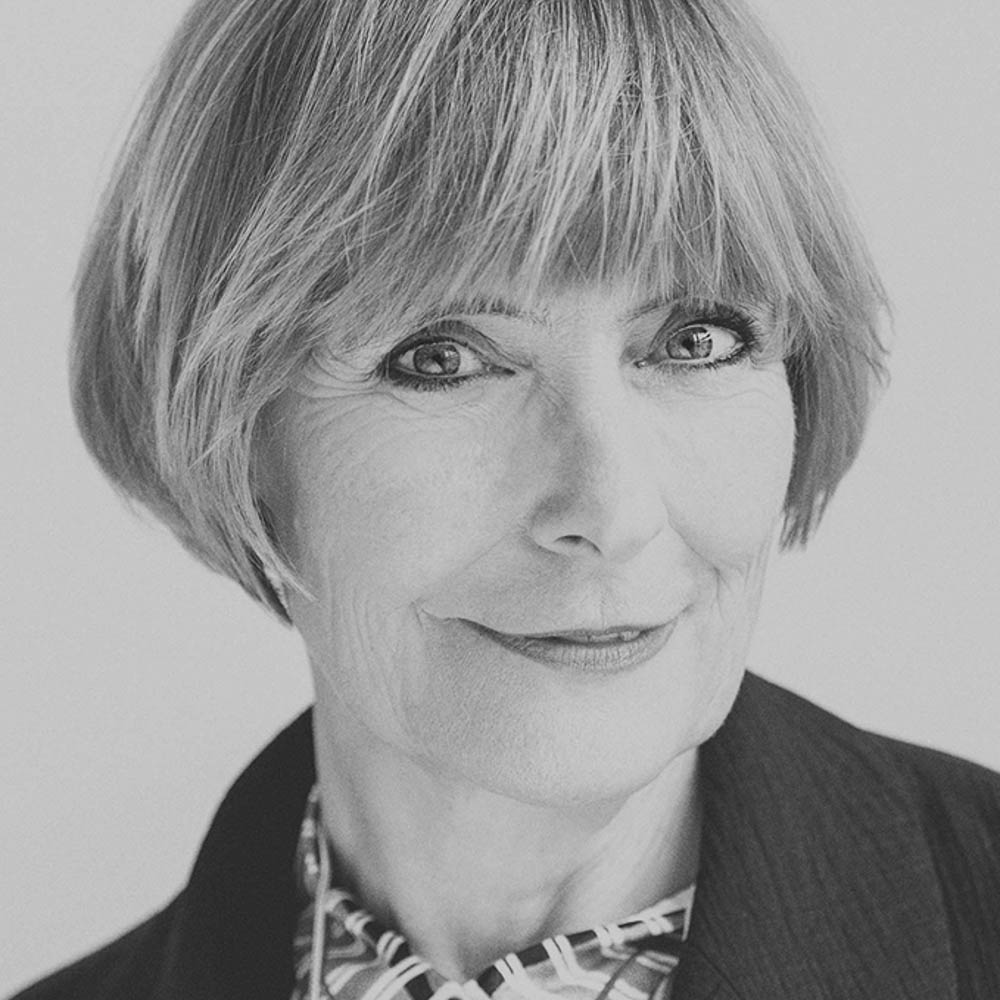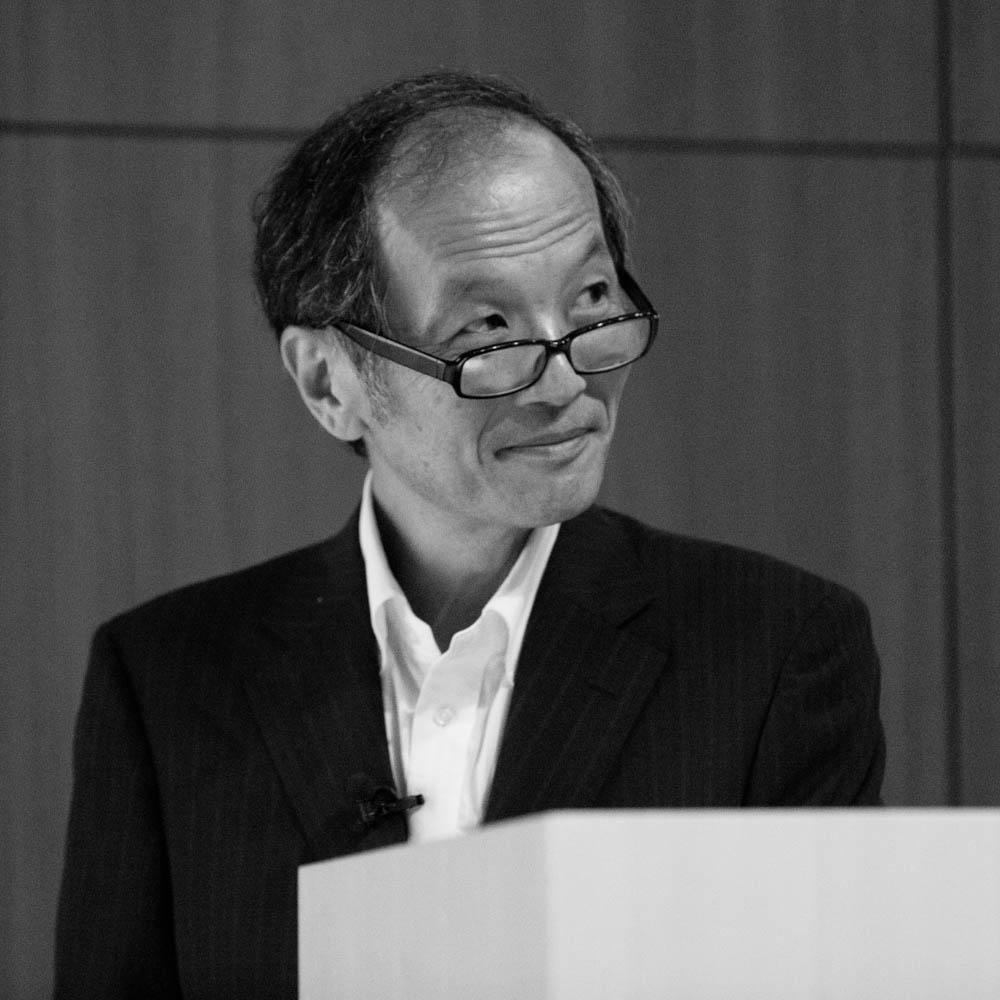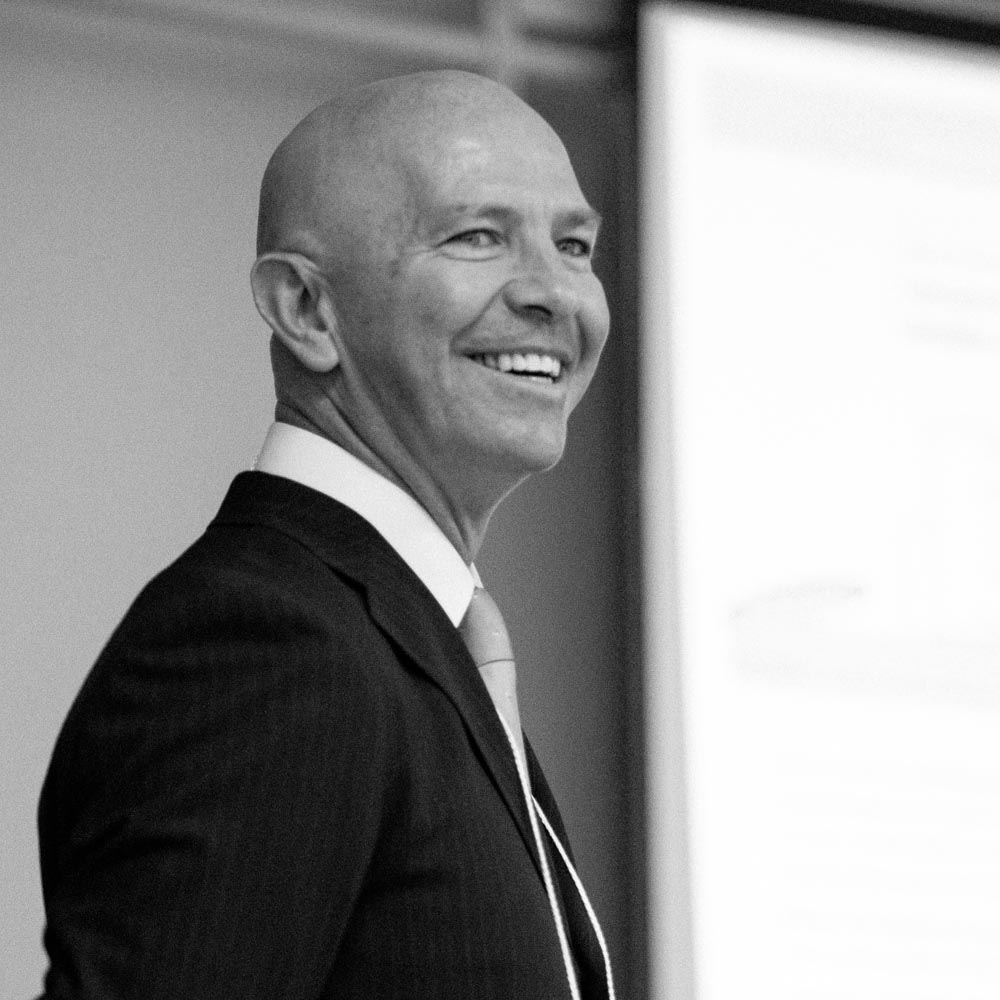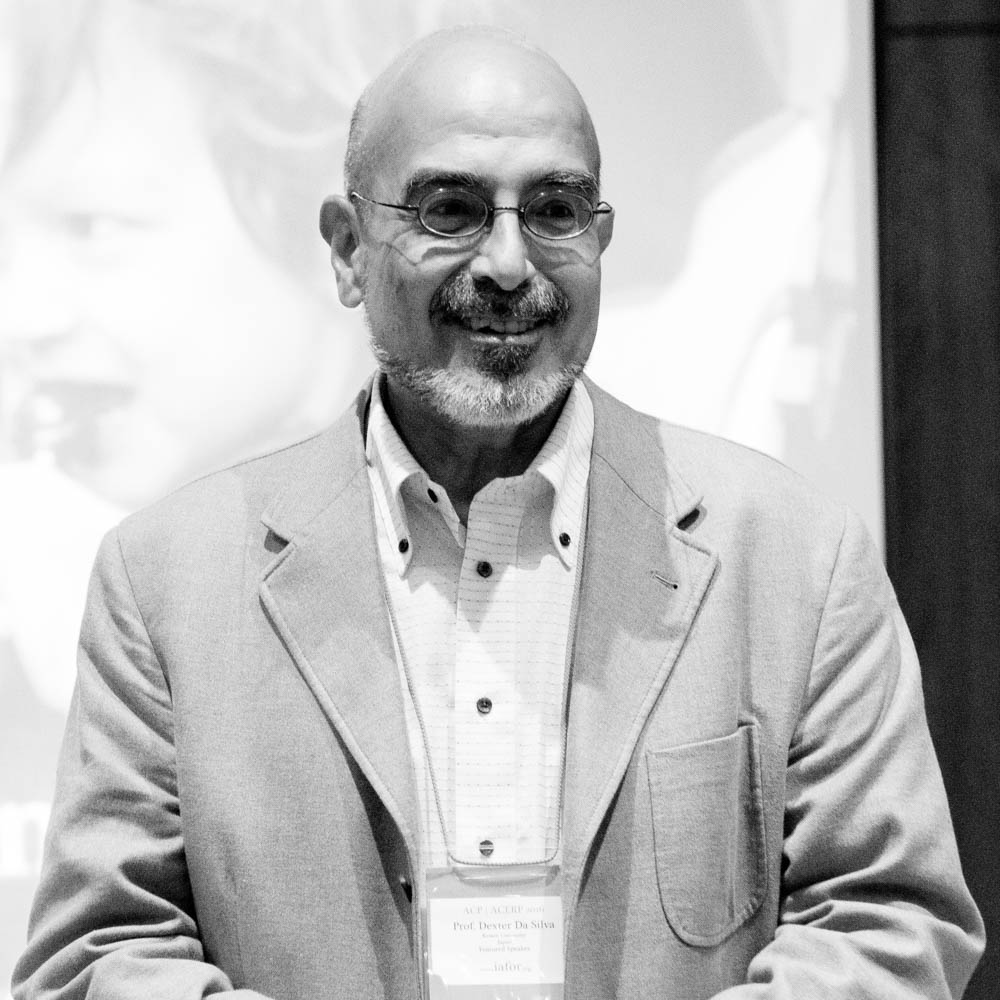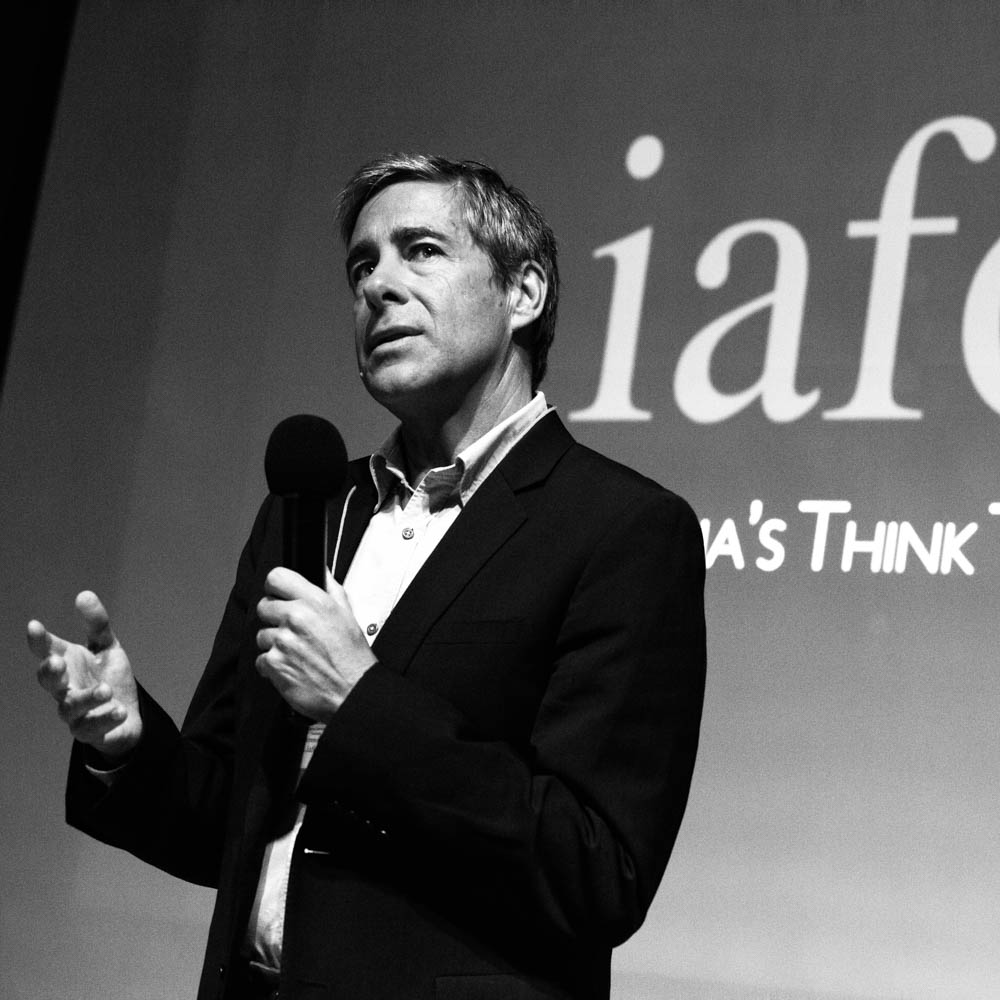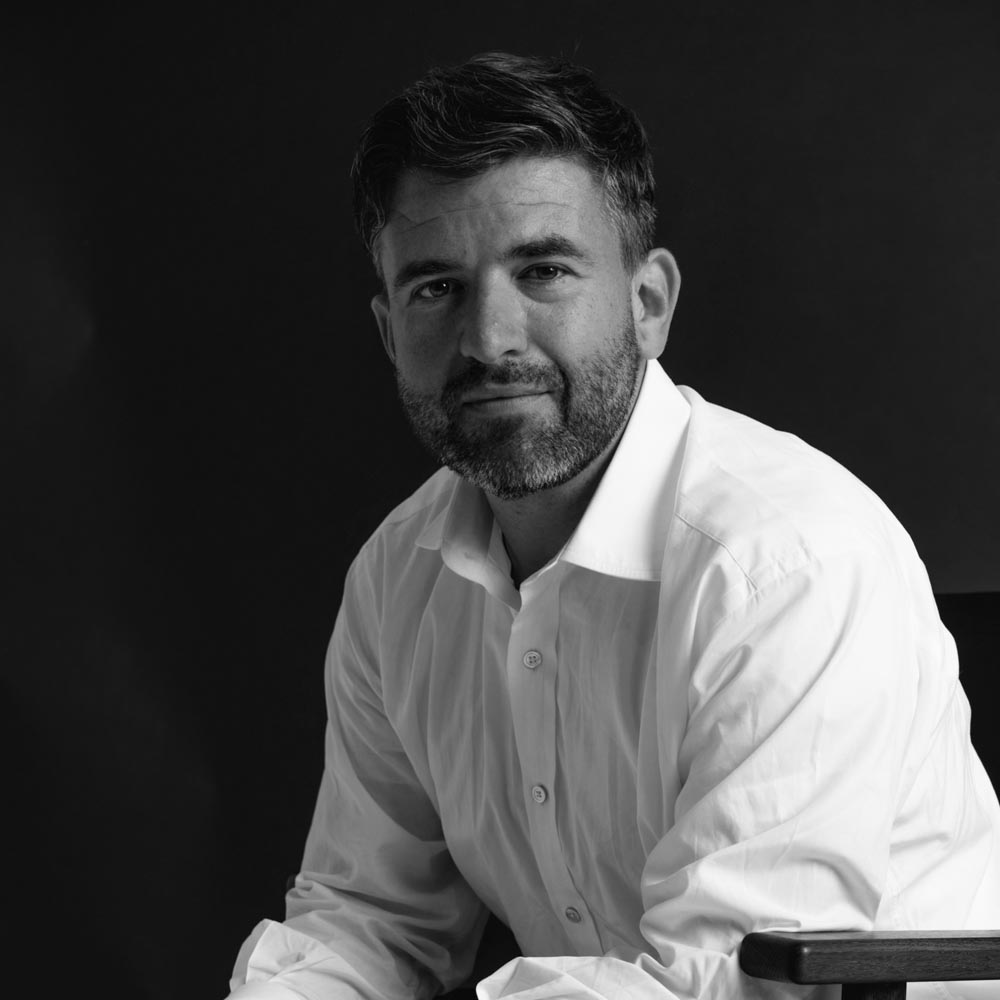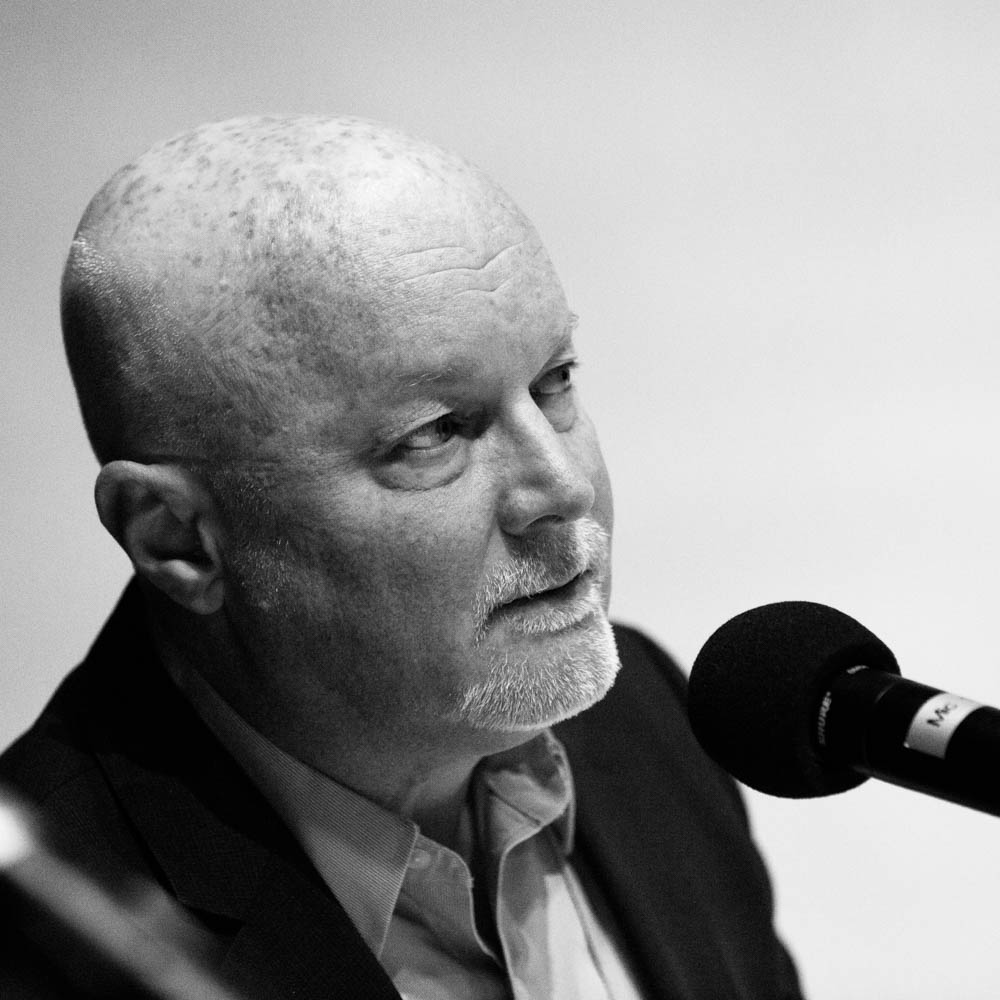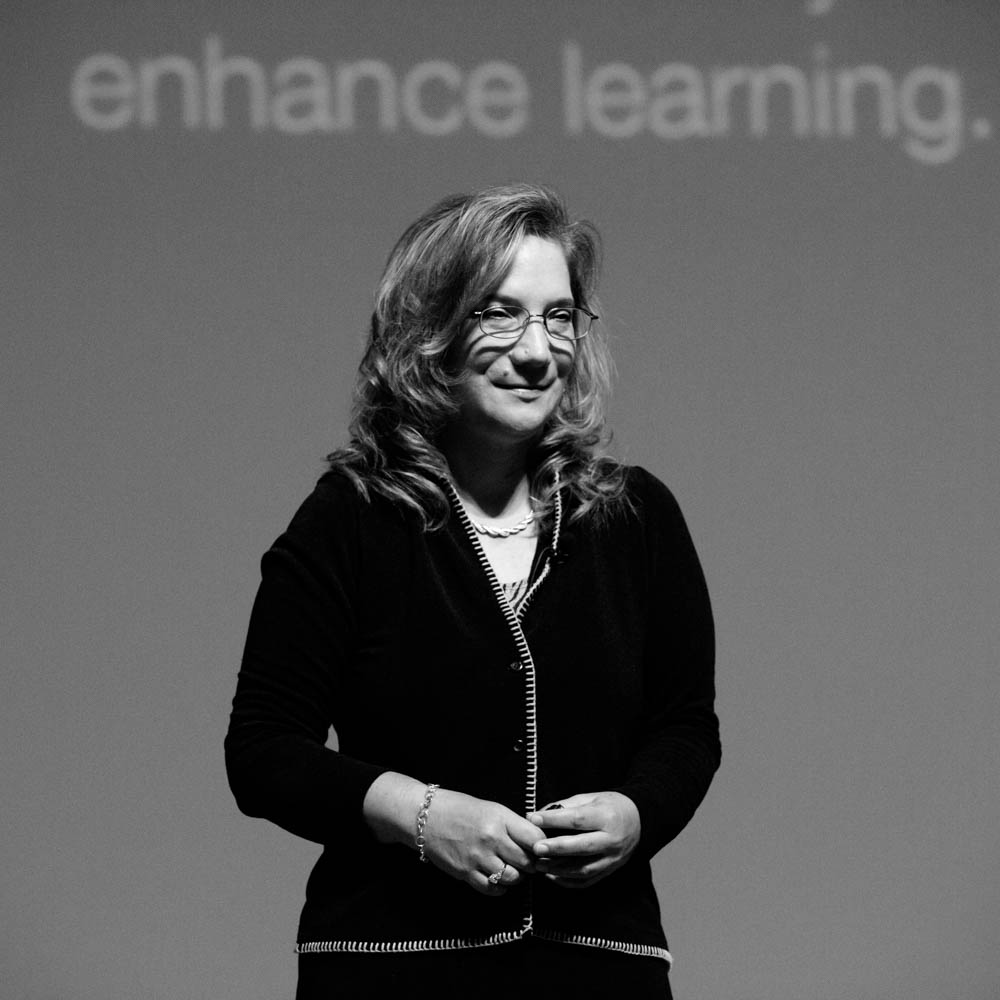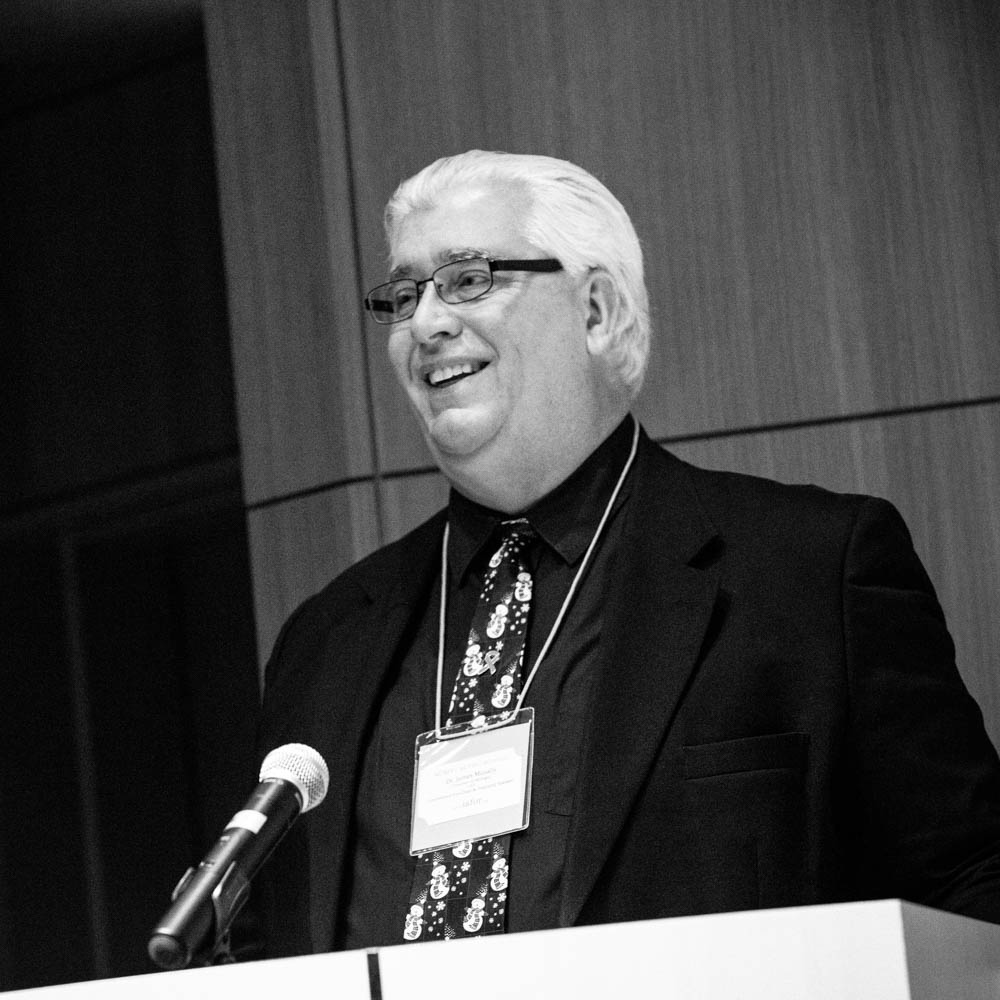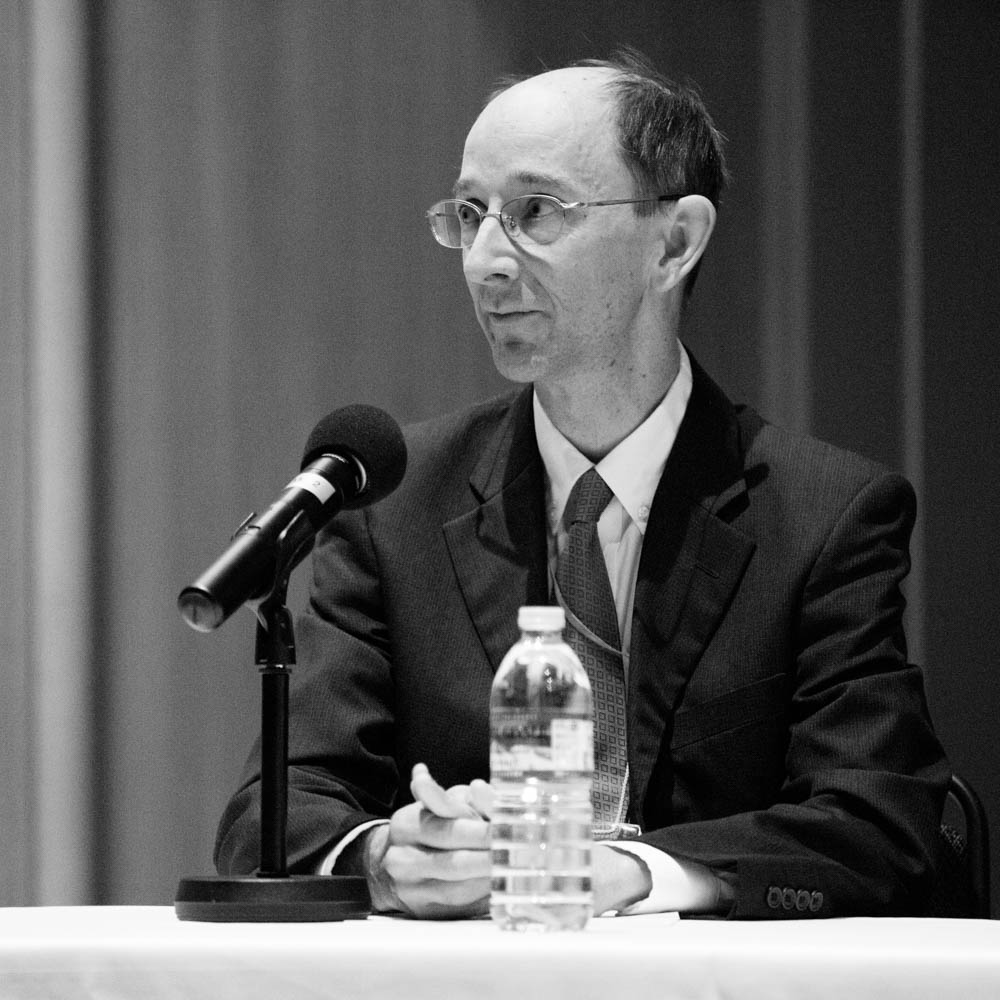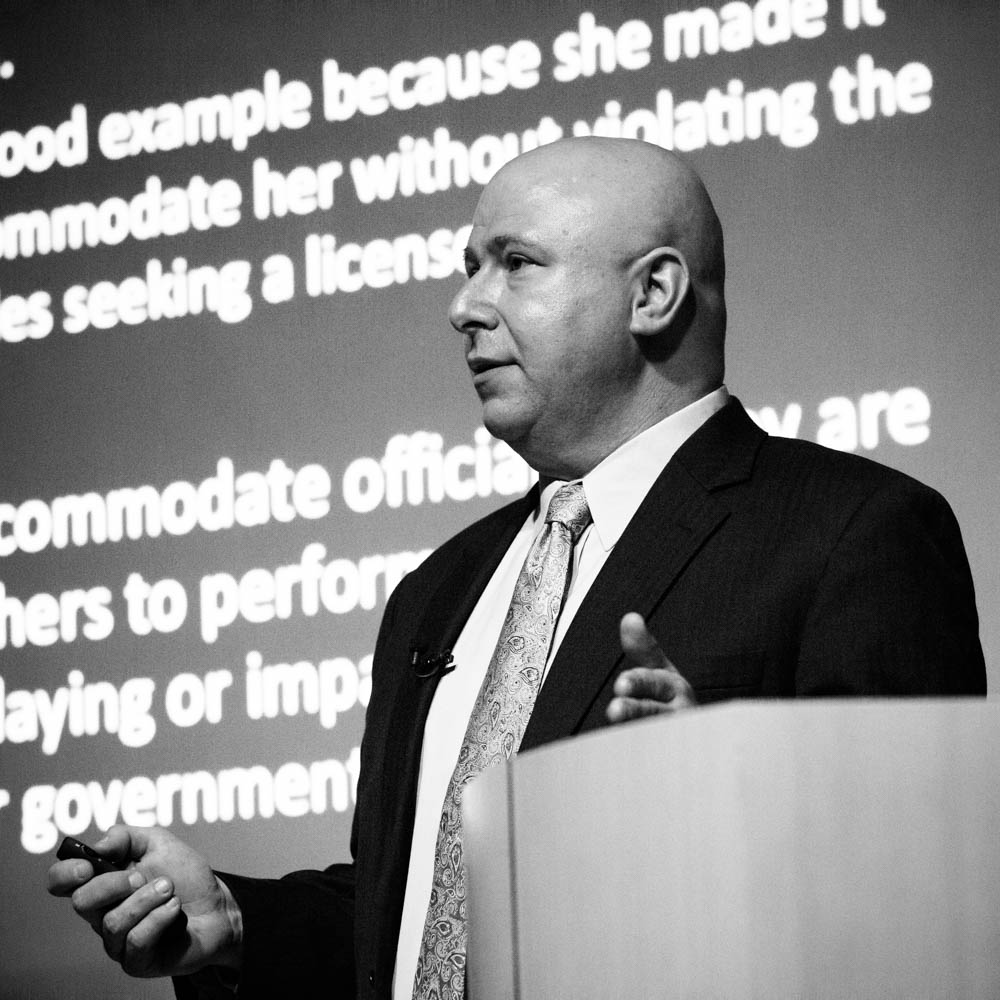The International Academic Board (IAB)
The International Academic Board (IAB) stimulates dialogue and draws in and on a wider research intelligence from conferences, publications, research and from IAFOR’s International Academic College (IAC).
The International Academic Board (IAB) is responsible for advising the IAFOR Board of Directors by:
- Reviewing and advising on the strategic academic direction of IAFOR
- Reviewing and advising on the effectiveness of IAFOR’s Conferences and Initiatives
- Reviewing and advising on the effectiveness of IAFOR’s governance, structures, and operations
- Reviewing and advising on IAFOR’s academic performance and profile
- Reviewing and advising IAFOR on potential new initiatives and opportunities
-
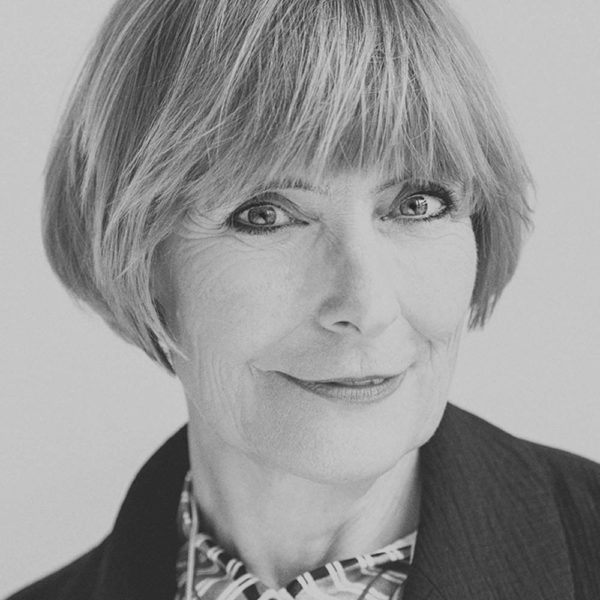 Professor Anne Boddington (IAB Chair)Middlesex University, United Kingdom
Professor Anne Boddington (IAB Chair)Middlesex University, United Kingdom -
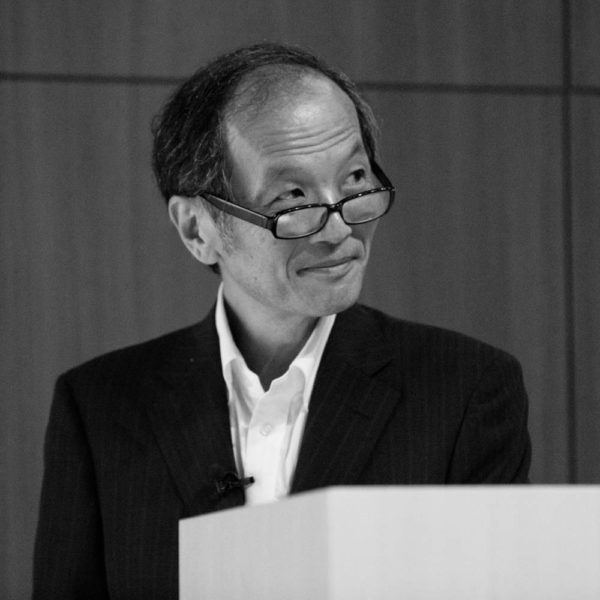 Professor Jun ArimaUniversity of Tokyo, Japan
Professor Jun ArimaUniversity of Tokyo, Japan -
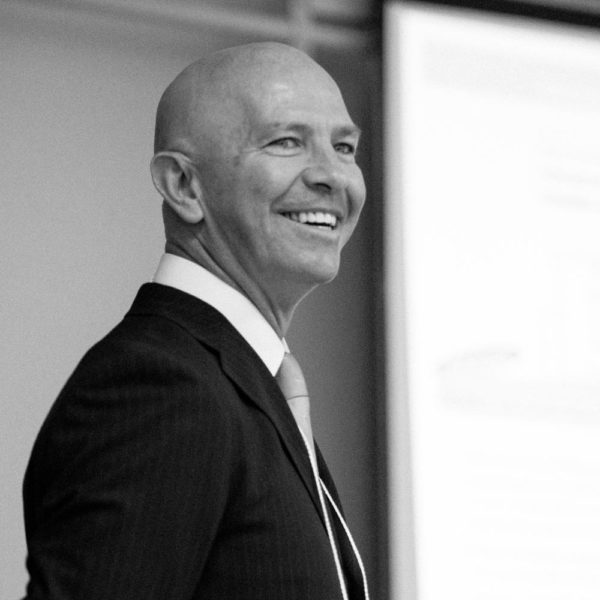 Professor Grant BlackChuo University, Japan
Professor Grant BlackChuo University, Japan -
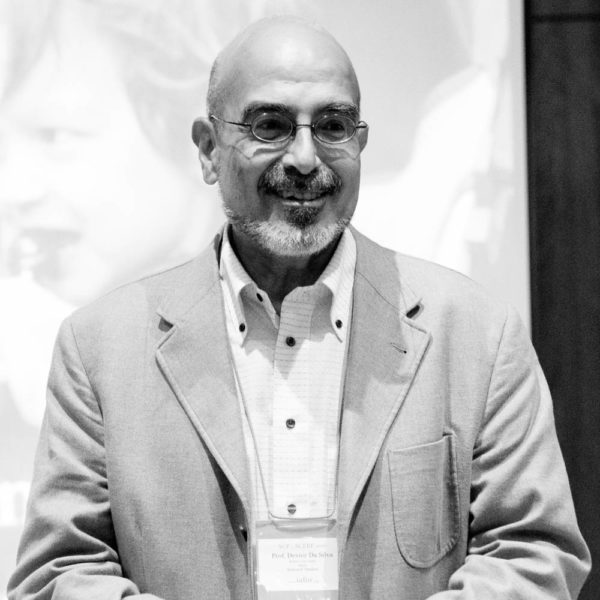 Professor Dexter Da SilvaKeisen University, Japan
Professor Dexter Da SilvaKeisen University, Japan -
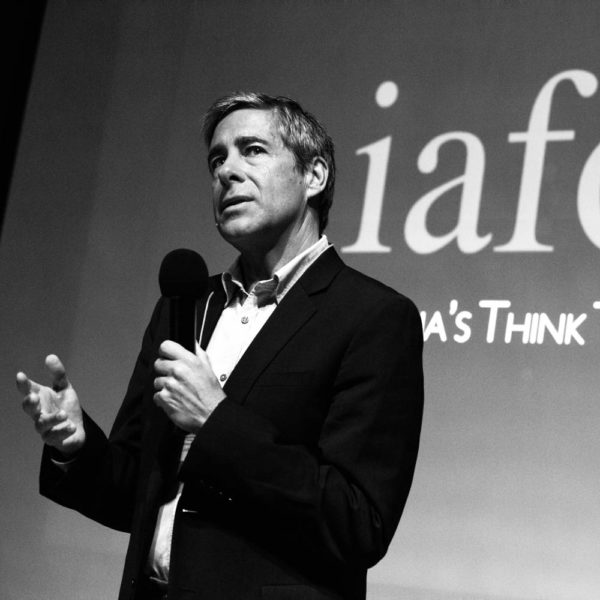 Professor Baden OffordCurtin University, Australia
Professor Baden OffordCurtin University, Australia -
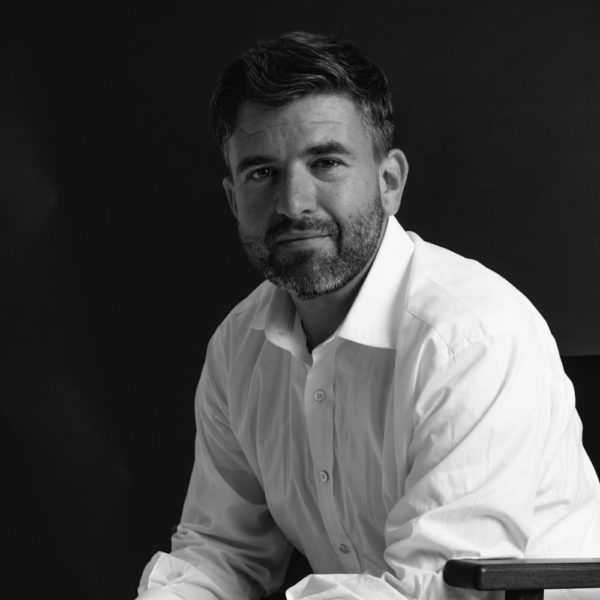 Dr Joseph HaldaneThe International Academic Forum (IAFOR), Japan
Dr Joseph HaldaneThe International Academic Forum (IAFOR), Japan -
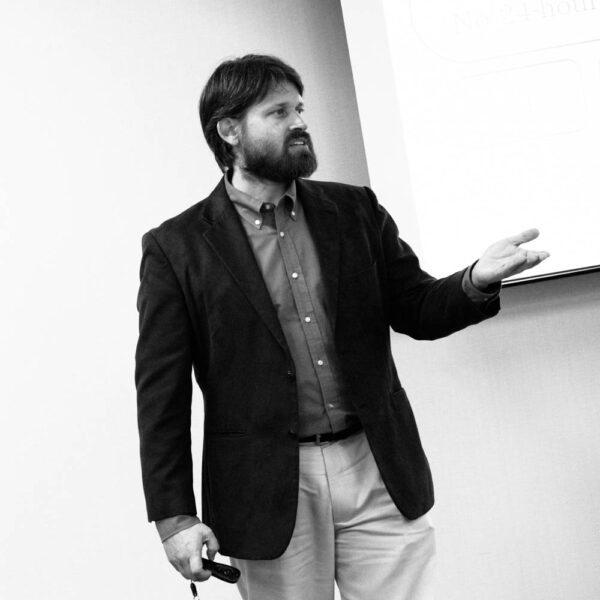 Dr Virgil HawkinsThe International Academic Forum (IAFOR), Japan
Dr Virgil HawkinsThe International Academic Forum (IAFOR), Japan -
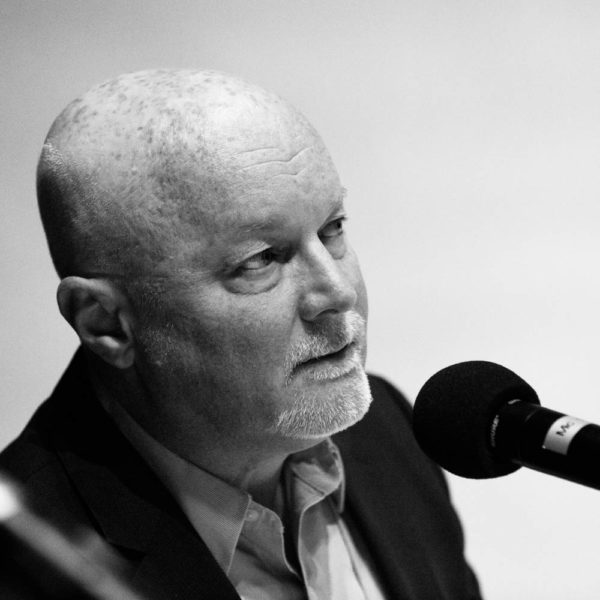 Professor Donald E. HallBinghamton University, United States
Professor Donald E. HallBinghamton University, United States -
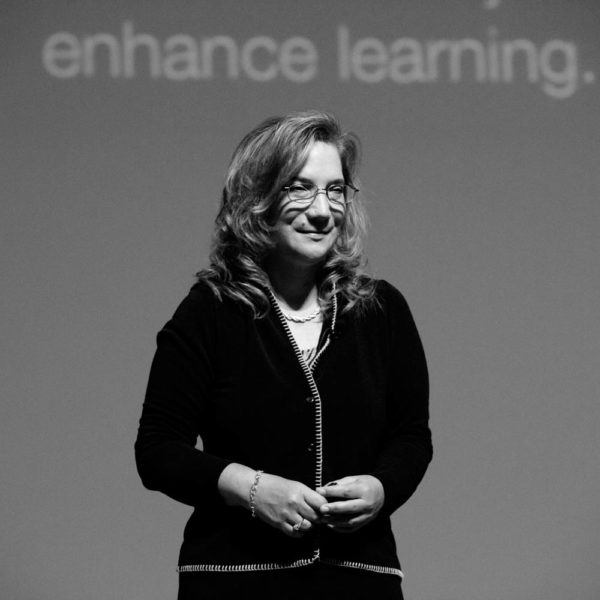 Professor Barbara LockeeVirginia Tech., United States
Professor Barbara LockeeVirginia Tech., United States -
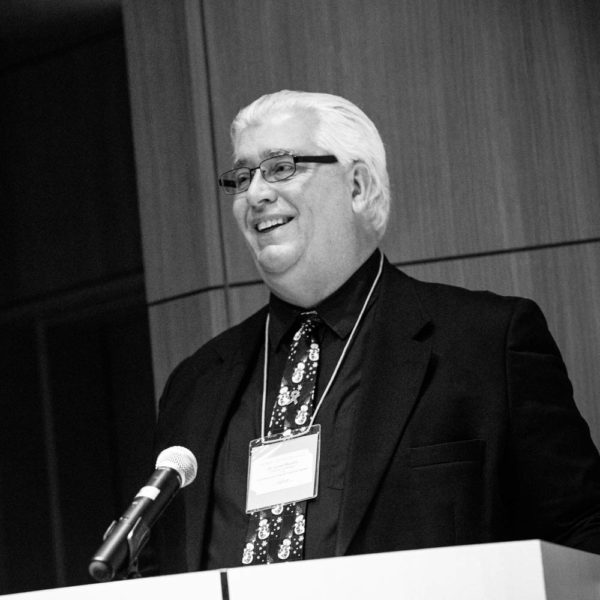 Dr James W. McNallyUniversity of Michigan, USA & NACDA Program on Aging
Dr James W. McNallyUniversity of Michigan, USA & NACDA Program on Aging -
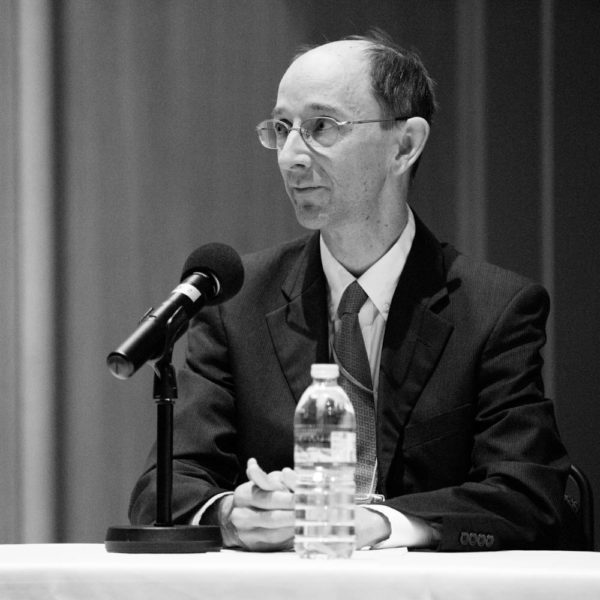 Professor William BaberKyoto University Graduate School of Management, Japan
Professor William BaberKyoto University Graduate School of Management, Japan -
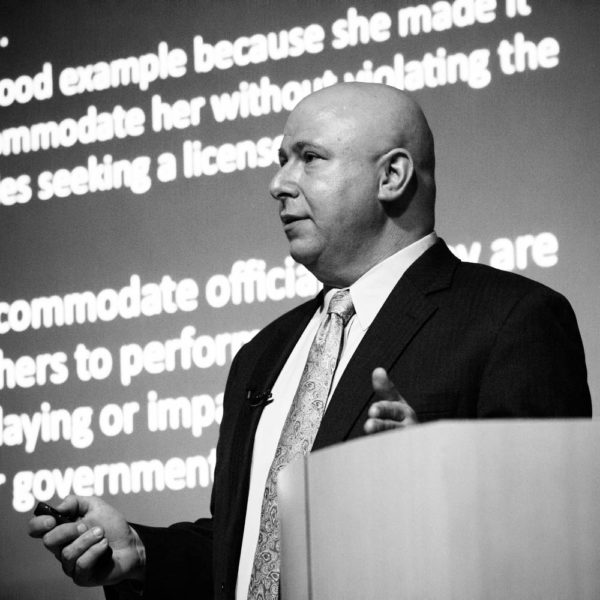 Professor Frank S. RavitchMichigan State University College of Law, United States
Professor Frank S. RavitchMichigan State University College of Law, United States
The International Academic College (IAC)
Members of the International Academic College (IAC) contributes to and provides advice and expertise in support of IAFOR’s mission and activities.
This may include as an advisor or co-opted member of the International Academic Board (IAB), as a peer reviewer for journals or conferences, as an advisor, or as a moderator or chair for conference sessions, introducing keynote speakers and new emerging interdisciplinary fields or as a potential mentor or trainer.
Members of the International Academic College (IAC) are usually nominated by existing members of either the Board or International Academic Board (IAB) for a period of 3 years, and for a maximum of 6 years. Their membership is considered and confirmed by a majority of the IAB, usually in recognition of their contribution to the organisation.
The International Academic College (IAC)
Dr Hasan Al-Wadi, University of Bahrain, Bahrain
Dr Shamim Ali, Riphah International University , Pakistan
Professor Umberto Ansaldo, The University of Sydney, Australia
Professor Shingo Ashizawa, Kansai University of International Studies, Japan
Dr Brian Aycock, International Christian University, Japan
Professor William Baber, Kyoto University Graduate School of Management, Japan
Professor Emeritus Sue Ballyn, University of Barcelona, Spain
Ms Keiko Bang, Bang Singapore Pte Ltd, Singapore
Professor Geoff Beattie, Edge Hill University, United Kingdom
Professor Denis Binder, Chapman University, United States
Dr Sarah Louisa Birchley, Toyo Gakuen University, Japan
Professor Holger Briel, Xi’an Jiaotong-Liverpool University, China
Dr Holger Briel, Beijing Normal University-Hong Kong Baptist University United International College, China
Mr James Joseph Briganti, Michigan State University, United States
Lord Charles Bruce, Japan Society of Scotland, United Kingdom
Dr Eddie Bruce-Jones, SOAS, University of London, United Kingdom
Professor Chung-Ying Cheng, University of Hawai’i at Manoa, United States
Distinguished Professor Tien-Hui Chiang, Zhengzhou University, China
Mr Marcus Chidgey, Founder & CEO at Loqiva, United Kingdom
Dr George D. Chryssides, University of Birmingham, United Kingdom
Dr Christine Coombe, Dubai Men’s College, United Arab Emirates
Professor Melinda Cowart, Texas Woman’s University, United States
Professor Georges Depeyrot, French National Center for Scientific Research, France
Professor Jean-Marc Dewaele, Birkbeck, University of London, United Kingdom
Professor Tatiana Dobrosklonskaya, Lomonosov Moscow State University, Russia
Dr Richard Donovan, Kansai University, Japan
Dr Murielle El Hajj Nahas, Lusail University, Qatar
Professor John Nguyet Erni, Hong Kong Baptist University, Hong Kong
Professor Said M. Faiq, American University of Sharjah, United Arab Emirates
Dr William C. Frick, University of Oklahoma, United States
Dr Alfonso J. García Osuna, Hofstra University & The City University of New York, United States
Professor Gerard Goggin, Nanyang Technological University, Singapore
Dr Fernando Darío González Grueso, Tamkang University, Taiwan
Professor Stephen J. Hall, Sunway University, Malaysia
Dr June Henton, Auburn University, United States
Mr Harry Hill, Japan United States Friendship Commission (JUSFC), Japan
Dr Rodney F. Hill, Hofstra University, United States
Professor Curtis Ho, University of Hawai’i at Manoa, United States
Dr Daniel Hoffman, University of Hawaii at Manoa, United States
His Excellency Professor Toshiya Hoshino, UN Inspectorate General, Immediate Past President of IAFOR, and former Japanese Ambassador to the UN,
Professor Tom Houghton, Curtin University, Australia
Professor Kay Irie, Gakushuin University, Japan
Professor Hiroshi Ishida, University of Tokyo, Japan
Dr Maxime Jaffré, United Arab Emirates University, United Arab Emirates
Mr Matthew Kay, Nature Publishing, United Kingdom
Mr Michael Liam Kedzlie, Barrister and Solicitor of the High Court of New Zealand, New Zealand
Professor Anshuman Khare, Athabasca University, Canada
Mr Daniel Kjellsson, Future Talent Council, Sweden
Dr Yukinori Komine, Harvard University, United States
Dr Rachel Lam, Independent Consultant, Salt Lake City, Utah, United States
Dr Celia Lam, University of Nottingham Ningbo China, China
Ms Fan Li, LePing Social Entrepreneur Foundation & Stanford Social Innovation Review (SSIR), China
Dr Tzu-Bin Lin, National Taiwan Normal University, Taiwan
Professor Robert Logie, Osaka Gakuin University, Japan
Dr Jacqueline Lottin, Higher Colleges of Technology, United Arab Emirates
Professor Craig Mark, Kyoritsu Women's University, Japan
Professor Ljiljana Marković, European Centre for Peace and Development (ECPD), Serbia
Dr Yvonne Masters, Independent Researcher, Australia
Professor José McClanahan, Creighton University, United States
Professor Dennis McInerney, Hong Kong Institute of Education, Hong Kong
Professor David McLoughlin, Meiji University, Japan
Dr Michael Menchaca, University of Hawaii at Manoa, United States
Professor Keith W. Miller, University of Missouri, United States
Dr Alyson Miller, Deakin University, Australia
Dr Yutaka Mino, Hyogo Prefectural Museum of Art, Japan
Professor Kuniko Miyanaga, Human Potential Institute, Japan
Professor Johannes Moenius, University of Redlands, United States
Professor Joshua Ka Ho Mok, Lingnan University, Hong Kong
Dr Bernard Montoneri, Independent Researcher, Taiwan
Professor Thomas Brian Mooney, Charles Darwin University, Australia
Dr Amanda Müller, Flinders University, Australia
Dr Jo Mynard, Kanda University of International Studies, Japan
Ms Karen Newby, Par les mots solidaires, France
Dr Cynthia Northington-Purdie, William Paterson University, United States
Dr Keiichi Ogawa, Kobe University, Japan
Professor Mark Pegrum, The University of Western Australia, Australia
Dr Anemona Peres, European Border and Coast Guard Agency,
Dr Alexandru I. Petrisor, Ion Mincu University of Architecture and Urbanism, Romania
Dr Elena Raevskikh, Department of Culture and Tourism Abu Dhabi, United Arab Emirates
Dr Thanassis Rikakis, University of Southern California, United States
Professor Richard Roth, Medill School of Journalism, Northwestern University, United States
Dr James Rowlins, Singapore University of Technology and Design, Singapore
Dr Justin Sanders, Minerva Project, Japan
Dr Monty P. Satiadarma, Tarumanagara University, Indonesia
Dr Linda Schwartz, Ambrose University, Canada
Dr Shahrokh (Sharo) Shafaie, Southeast Missouri State University, United States
Dr Sharo Shafaie, Southeast Missouri State University, United States
Mr Lowell Sheppard, HOPE International Development Agency, Japan
Dr Jeffrey Sommers, University of Wisconsin-Milwaukee, United States
Dr Marcelo Staricoff, University of Sussex, United Kingdom
Dr Pearl Subban, Monash University, Australia
Dr Philip Sugai, Doshisha University, Japan
Professor Gary E. Swanson, University of Northern Colorado (fmr.), United States
Dr Amy Szarkowski, Harvard Medical School, United States
Professor Svetlana Ter-Minasova, Lomonosov Moscow State University, Russia
Dr Devayani Tirthali, Independent Researcher, India
Dr Brian Victoria, Oxford Centre for Buddhist Studies, United Kingdom
Dr Deborah G. Wooldridge, Bowling Green State University, United States
Dr Seiko Yasumoto, The University of Sydney, Australia
Dr Tingting Ying, University of Nottingham Ningbo China, China
Publications Committee
The Publications Committee oversees the production of the IAFOR journals and other publications such as conference proceedings and THINK magazine. The main role of the Committee is to develop and maintain international levels of best practice across all IAFOR publications, following the guidelines laid out by the global forum COPE, the Committee on Publication Ethics, in their Code of Conduct and Best Practice Guidelines for Journal Editors. This involves supporting the journal editors in their work and providing guidance regarding publication ethics to all relevant actors, including contributors, reviewers and editors.
Dr Richard Donovan, Kansai University, Japan
Dr Joseph Haldane, IAFOR and Osaka University, Japan, & University College London, United Kingdom
Professor Donald E. Hall, Binghamton University, United States

